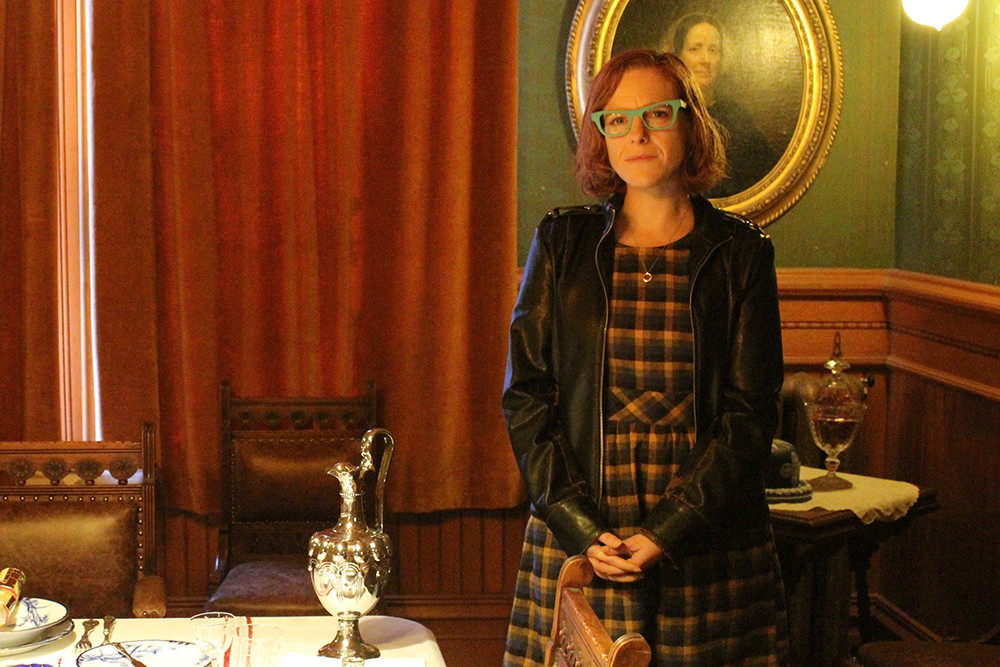Making arts funding accessible
Canada Council for the Arts’ new disability mandate
Last year, the Canada Council for the Arts (Canada Council) and Manitoba Arts Council implemented huge changes in their funding programs. Both launched new initiatives for Indigenous arts funding, online application systems and supports for grant applications.
The Canada Council included a new grant program for Deaf and disability arts as a specific field of practice, allow- ing for a range of mediums to be consid- ered to be covered by the grant, as long as the artists (or most of the artists) are Deaf or have disabilities.
“The work of Deaf and disabled artists often breaks with dominant artistic conventions in creation, production and dissemination. The work spans the performing and studio arts, combining customary and contemporary forms and aesthetics in ways often unique to the sector,” the Canada Council says in a statement to The Uniter.
“For example, disability-specific dance typically explores themes of beauty, autonomy and power, incorporating the physicality and movement of various mobility devices (wheelchairs, walkers, canes, prosthetics) as a critical part of the artistic creation and exploration.
“The Council heard from artists who are Deaf and have disabilities that an understanding of unique histories and traditions carried by this work is essential to adequately appreciate and assess its artistic contributions. This formed the basis of the Council’s decision to identify Deaf and disability arts as its own field of practice.”
Under this new framework, the Canada Council has funded Arts Accessibility Network Manitoba and Sick + Twisted Theatre, two local Deaf and disabled arts organizations in Winnipeg. The council also funded the development and presentation of Angela Chalmers’ play You Are Her(e), including an amount specifically for Chalmers’ accessibility needs.
“At first, I was a bit shy to ask for help,” Chalmers says, “but it’s not about ‘asking for help.’ It’s about (asking for) what you need to do your job.”
Theatre artist Angela Chalmers in a production of Hamlet (The Rest is Silence)
The Canada Council supported Chalmers throughout the application process.
“It is so individualized. For me, they provided an extension. They gave (me) the opportunity to speak on the phone about what was the best way to identify my disability within the grant application itself,” Chalmers says.
The funding covered not only her personal access needs but also those of her collaborators, including securing an accessible venue for her presentation of You are Her(e) at Théâtre Cercle Molière. The funding also gave Chalmers the opportunity to provide ASL interpretation for her presentation.
“That goes beyond my access needs and becomes about the show itself,” Chalmers says.
“Canadians who are Deaf and have disabilities have historically faced significant barriers in terms of fully participating and contributing to Canadian life,” the Canada Council said in their statement. “This has led to segregation, exclusion and a lack of recognition of their contributions to what it means to be Canadian.”
The council’s new programs and initiatives have allowed artists like Chalmers across Canada to perform their jobs to the best of their ability and to be able to endow Canadians with their complex and unique worldviews.
“After my accident, I didn’t think that I had a place in theatre and film any- more, and now with these opportunities for access funds, to me that is acknowledgement that there is a place for me, and I am wanted,” Chalmers says.
Find out more about how to apply for grants and accessibility supports through their website canadacouncil.ca or phone 1-800-263-5588 to speak to a program officer.
Published in Volume 74, Number 21 of The Uniter (March 12, 2020)







